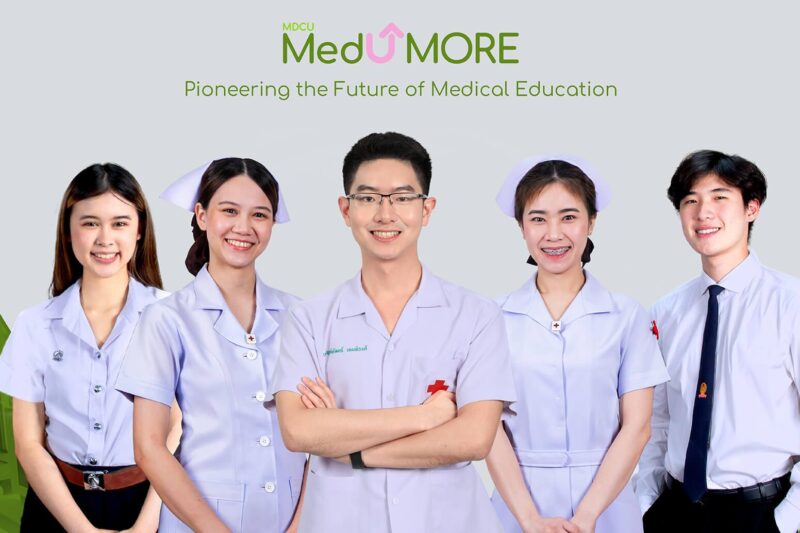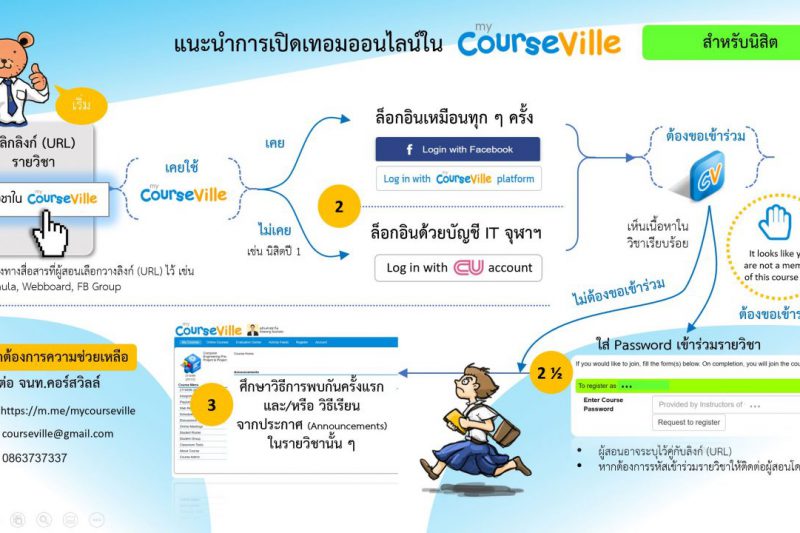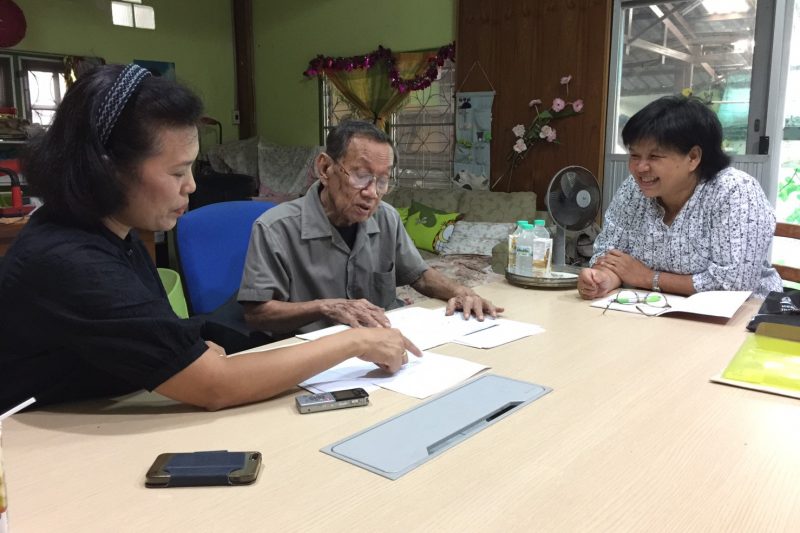Cultivating a new generation of graduates for the future – The New Growth Engine Project, under the higher education reform policy
Over the past decade, higher education institutions have realized that the future of work in the new normal is something that is evolving continuously, at a fast pace and transforming the world into an increasingly digital society.
In 2021 and 2022, key participants in Thailand’s education sector including Chulalongkorn University have been progressively implementing a “New Growth Engine Project” in response to a higher education reform policy that focuses on producing new graduates with needed competencies for the changing world.
These institutions have come up with an educational model to better serve the future of work, shifting from a reactive approach to proactive and progressive actions.
The Covid-19 pandemic has magnified the challenges, causing high levels of unemployment among the working-age population. The sub-committee for the management of the New Growth Engine Project realized that colleges and universities would play a crucial role in the development of manpower for quick re-employment in the aftermath of Covid-19. The initiative focuses on providing a non-degree curriculum in higher education and accelerating the development of needed skills for the working-age population in the new normal era.
The curriculum consists of three crucial skill components: general, technical and specialized skills. These skills are needed by a new generation of graduates who will need to become more innovative in order to help drive the country’s economy out of the middle income trap and achieve sustainable growth under the Thailand 4.0 model.
Project implementation has been carried out as follows:
- Multidisciplinary universities with experience in implementing the New Growth Engine Project have taken on the mentor role to provide guidance in curriculum design for participating universities.
- The training team, determined by the sub-committee for project management, organized Train the Trainer courses for the mentor universities and designed an outcome-based curriculum for higher education with the three needed skills as key components.
- The mentor universities are providing non-degree curriculum development for teaching personnel responsible for the curriculum, with follow-up monitoring and evaluation for further assistance and support.
- The participating universities offer non-degree curricula for manpower development in response to the needs of manufacturing, service, government, community and social sectors in the aftermath of Covid-19, based on the outcome-based education approach learned from the mentor universities.
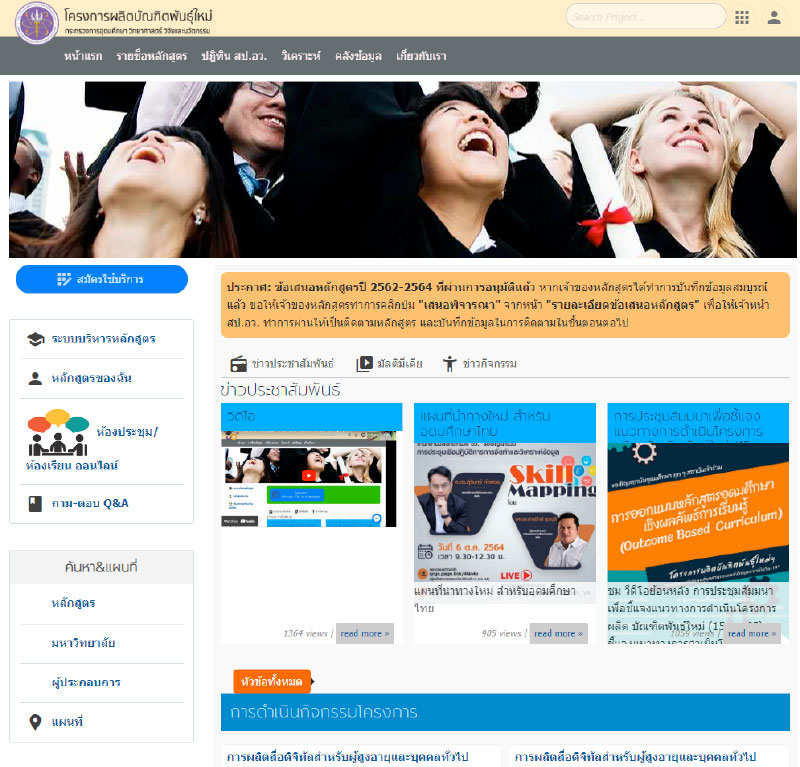
[ https://www.nxtgenhedb.com/ ]
In 2021 and 2022, Chulalongkorn University approved and offered a number of short-format, non-degree programs through the New Growth Engine Project to students, university personnel and interested members of the public who wish to develop their knowledge and skills for career advancement. Those who complete the courses and pass the evaluation are also given a certificate of participation. The learning combines online and onsite formats, with no admission fee. Here are some program highlights:
“Design thinking, coaching and designing of innovation classrooms to develop the skills of education personnel in online and offline learning”. Held from Aug 1 to Nov 26, 2021, the course was designed for education executives and personnel, as well as interested members of the public.
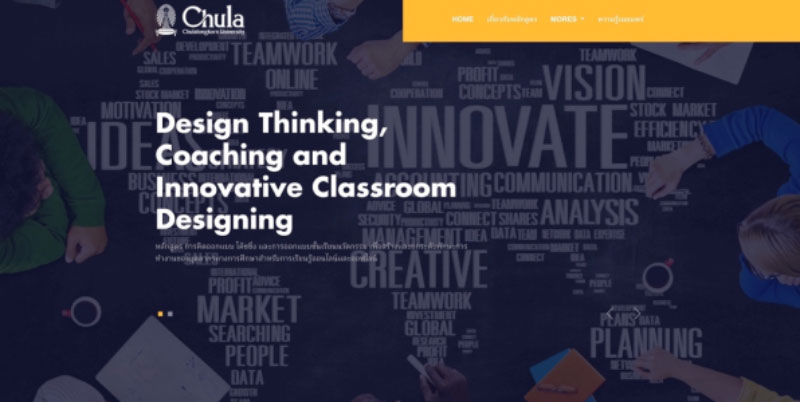
“Digital movie production for teachers, education personnel and the public”. This course aimed to teach participants how to use digital technology in media production to support teaching, learning, public relations and communication. Held from May 28 to September 3, 2022, it was designed for education executives and personnel, as well as interested members of the public.
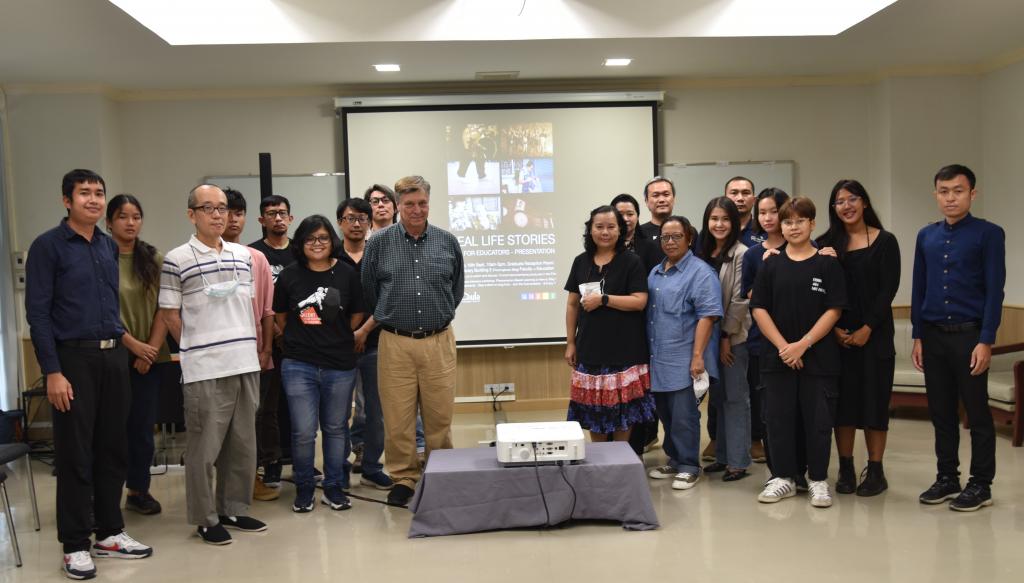
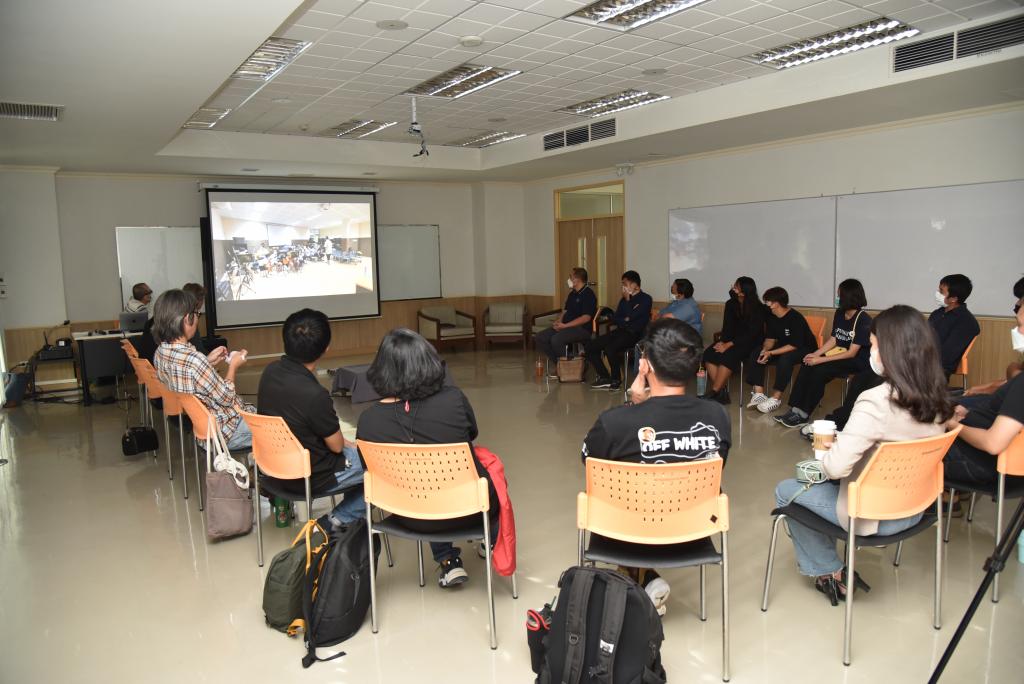
These initiatives are part of Chulalongkorn University’s support of lifelong learning and open opportunities for all, by providing access to knowledge and skills needed for self-improvement and global sustainable development.
BY
- Office of Academic Affairs, Chulalongkorn University
- Faculty of Education, Chulalongkorn University
- Ministry of Higher Education, Science, Research and Innovation
Related articles:
Others


